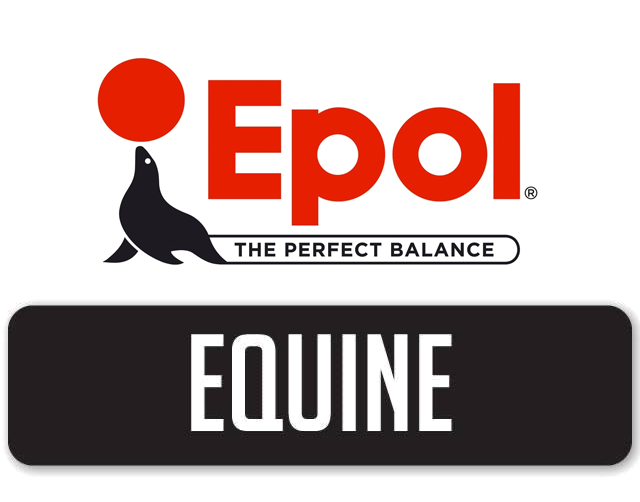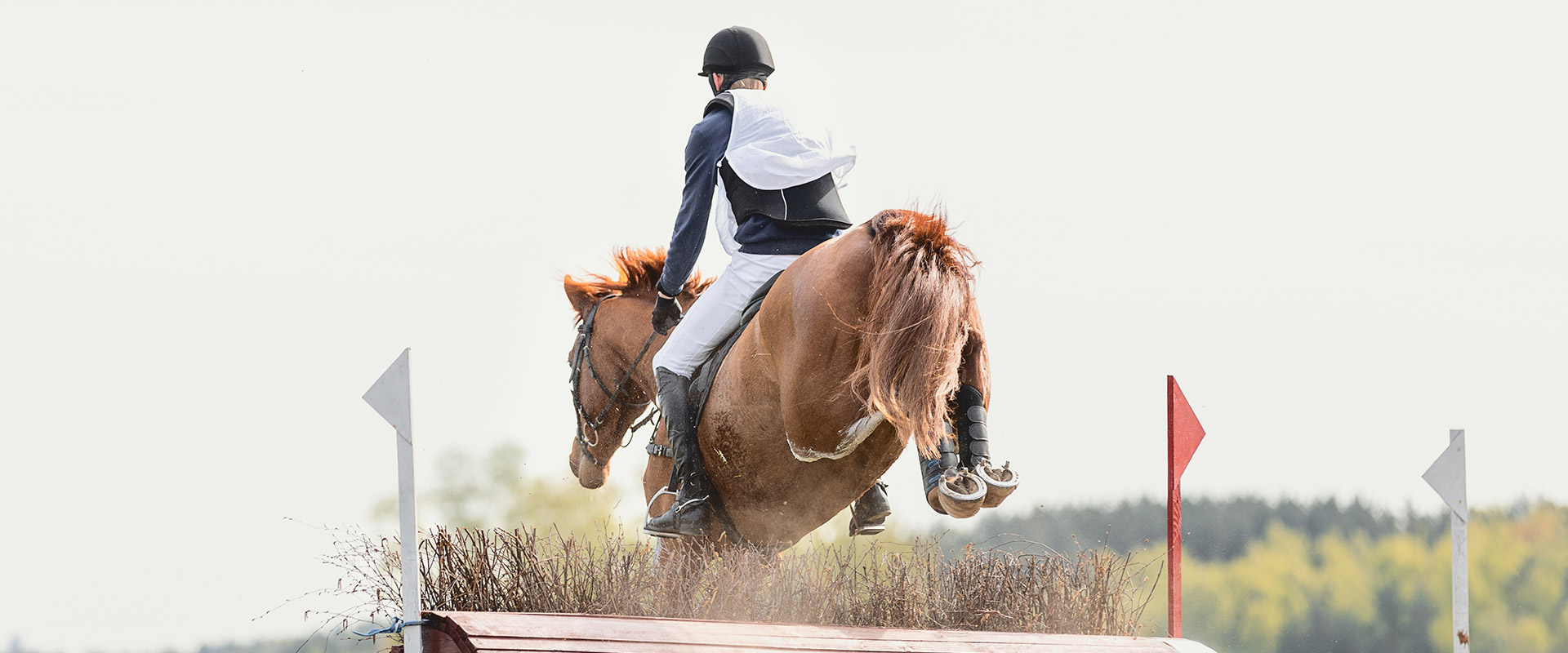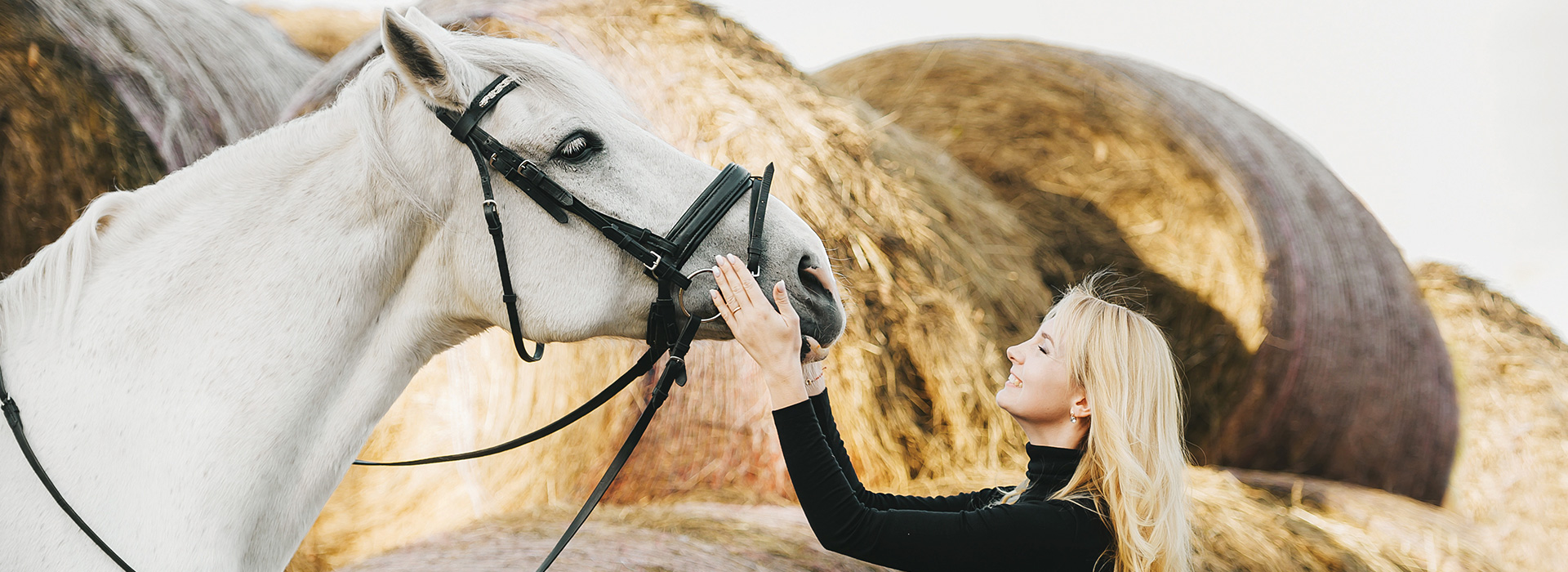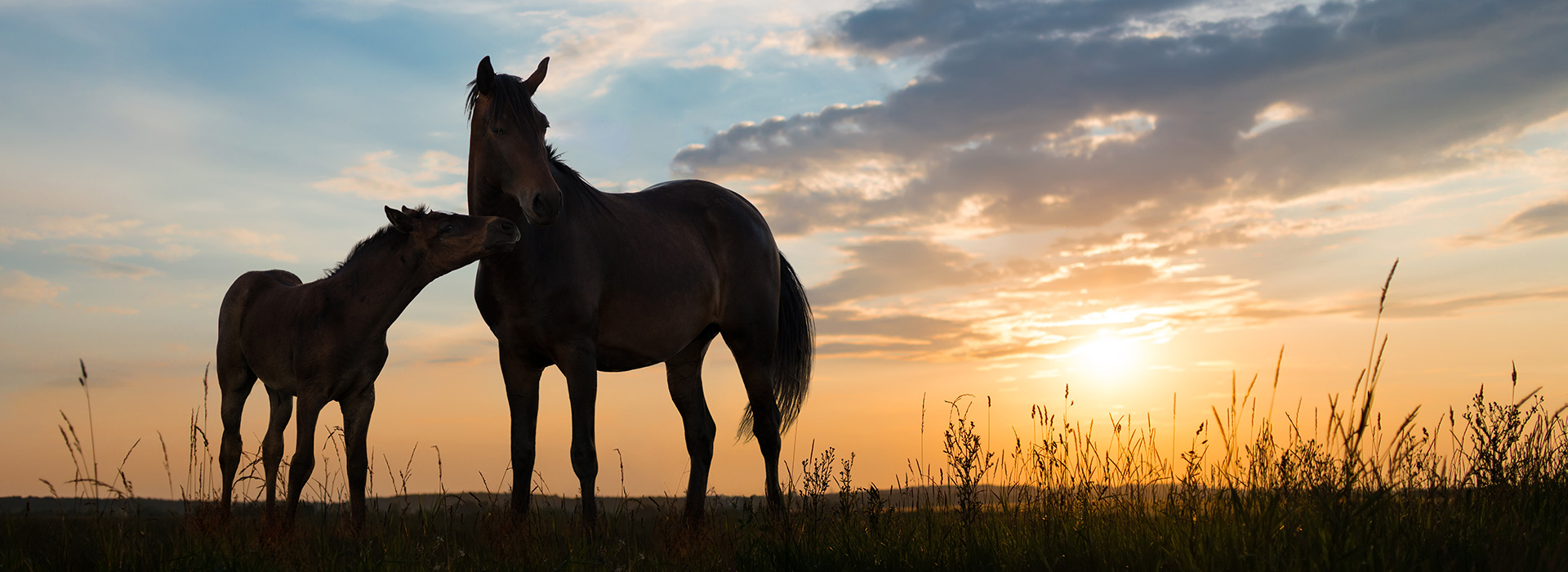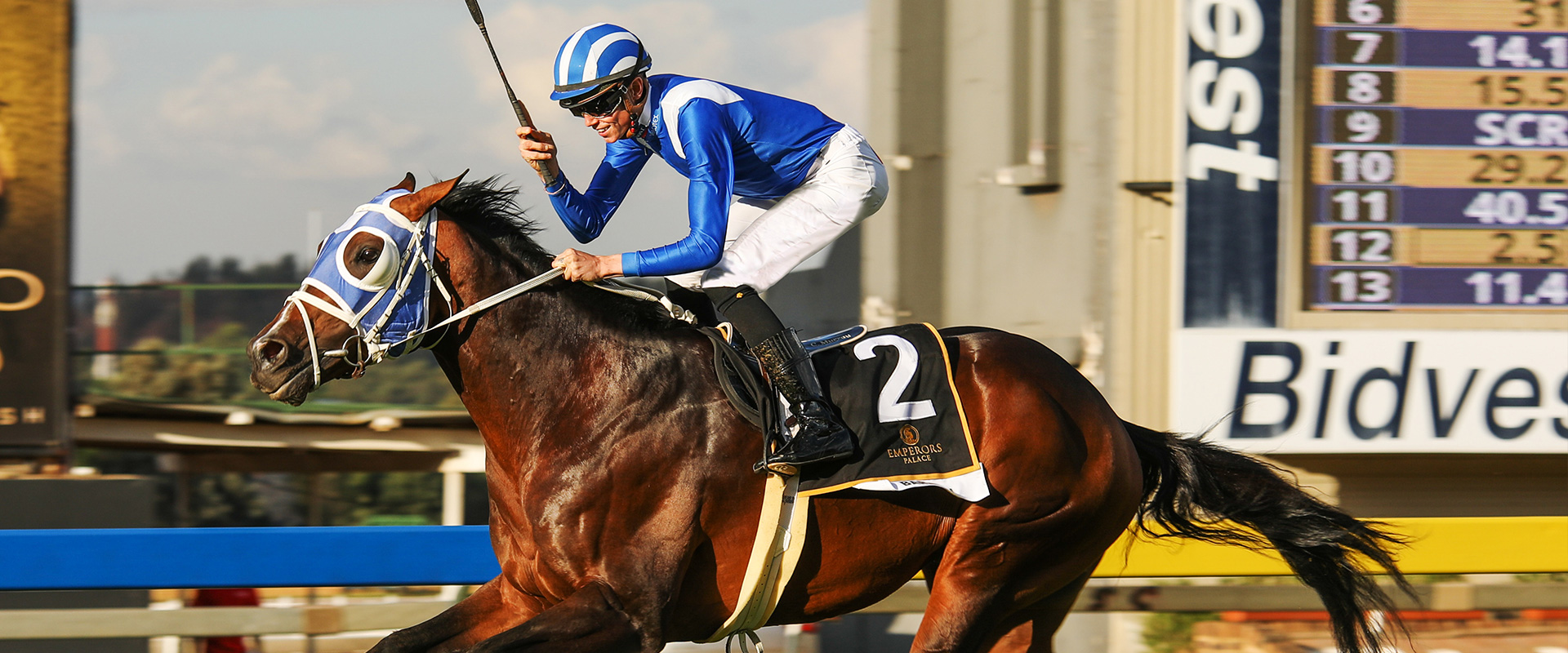The main cause of colic during winter is a lack of fresh, unfrozen water. Horses that aren’t getting enough water are at a greater risk for conditions such as simple indigestion or impaction.
A frozen water trough is the usual dehydration culprit, but occasionally horses choose not to drink water simply because it is so cold. Therefore, keeping an eye on horses’ water and refilling or adding hot water is a must during winter. Placing a small ball in the horse’s bucket will help to keep the water moving and thus help to prevent freezing. Keep in mind that electrolyte supplements are not a suitable water substitute and do not mitigate the risk of dehydration. There is nothing wrong with adding (appropriate amounts of) electrolytes to a horse’s diet if his workload is excessive, but offer them in a separate container leaving the main water supply clean and fresh.
The second colic risk factor associated with winter is exposure to cold temperatures. A horse with a full hair coat should have no trouble staying warm on the coldest of winter days even without a blanket as long as he remains dry and has access to shelter. Blankets are useful for horses that have been body-clipped as they have lost the added layer of insulation the hair provides, but blankets must be applied responsibly. Always replace or remove a soaked blanket immediately because the moisture will freeze, trapping the cold and causing the horse to lose precious body heat. If your horse wears a blanket, there should be at least two or three on hand so a soaked article can be traded out for a dry one.
Increasing the forage in a horse’s diet will help prevent impactions and will also reduce the risk of hypothermia (low body temperature). Horses require more calories in the winter just to stay warm, and the body’s fermentation process for digesting hay and roughage also generates heat that helps maintain body temperature. The best colic prevention in this situation is to allow a horse 24-hour forage access so the fermentation process never slows or stops. Adding concentrate feeds (if warranted) is fine, but they do not provide the same warming and digestive benefits as a continual forage supply.
Shelter is equally important, even to those horses that are accustomed to being outside all the time. A permanent structure built to withstand the force of strong winds and the weight of excessive snow accumulation is ideal, but temporary structures such as canvas or vinyl canopies with steel frames will also work if secured properly. For owners that don’t have a barn, a garage can be a temporary substitute.
Nothing seems to function quite as well when it’s really cold, and horses are no exception. Hypothermia or dehydration-induced colic episodes are common occurrences for horses living in winter climates. The good news is that with a few management and husbandry changes, these episodes should occur to a lesser degree and with far less frequency.
By Scott Leibsle, DVM – www.thehorse.com/articles/28512/cold-weather-colic
